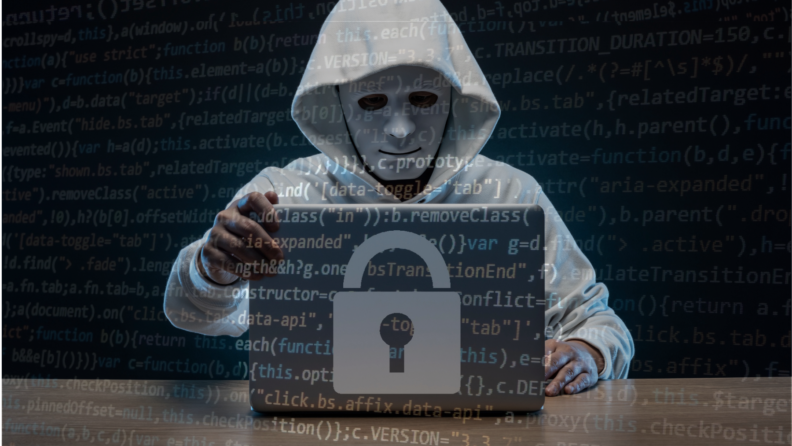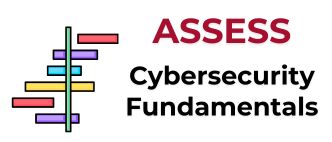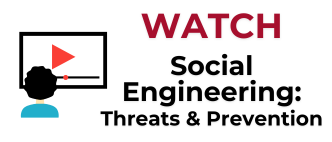Strengthen Your Cyber Defenses: Cybersecurity Awareness Month

October is Cybersecurity Awareness Month—a perfect time to strengthen your cyber defenses and develop essential skills that will protect you and your organization from cyber threats. As businesses continue to evolve digitally, cybersecurity is no longer just a technical issue; it’s a critical business priority that everyone must be actively engaged in. Much like strategic thinking and problem-solving are essential skills for the future, maintaining good cybersecurity practices is vital to safeguarding both personal and professional information.
Cybersecurity: Why It Matters Now More Than Ever
In today’s digital landscape, organizations and individuals face increasingly complex cyber risks. With remote work, cloud computing, and an interconnected world, cybercriminals have more opportunities to exploit weaknesses. Strong cybersecurity practices ensure safe and seamless operations. These practices are about more than just tools and software—they are about cultivating a mindset that prioritizes awareness and preparedness.
Building Trust in a Digital World
Good cybersecurity habits build trust, just as strategic thinking builds confidence in decision-making. When employees and customers know that their data is secure, they feel confident interacting with your organization. Whether you’re handling sensitive customer information or collaborating with colleagues, trust is key. Cybersecurity not only protects data but also enhances the reputation and credibility of the business.
How Strong Cyber Practices Contribute to Success
Being proactive in your cybersecurity efforts can prevent data breaches and financial losses, much like how empathy enables better problem-solving. By staying ahead of potential threats, you protect both your organization’s resources and its reputation. A secure digital environment also encourages open collaboration without fear of data theft or hacking, similar to how active listening strengthens team communication. Strong cybersecurity protocols foster a sense of safety, ensuring that employees can collaborate without risk. Additionally, teams that understand and practice good cybersecurity habits are less likely to face downtime due to attacks, leading to higher productivity. Just as empathy increases team morale, cybersecurity vigilance keeps operations running smoothly and minimizes disruptions.
Reflect and Strengthen Your Cybersecurity Practices
Much like reflecting on how well you listen and empathize with others, it’s important to evaluate your own cybersecurity habits. Here are some questions to help guide you toward improving your cyber fitness:
- How strong are your passwords?
- Are you using unique, complex passwords for each of your accounts? Consider enabling multi-factor authentication for an added layer of security.
- How often do you update your software?
- Do you ensure that your devices and apps are up to date with the latest security patches and updates?
- Are you aware of phishing attempts?
- How often do you scrutinize suspicious emails or messages? Are you mindful of clicking on links or downloading attachments from unknown sources?
- Do you back up your data regularly?
- Are you prepared in case of a ransomware attack or system failure? Regular data backups can be a lifesaver in preventing data loss.
- Do you practice safe browsing habits?
- How cautious are you about the websites you visit? Do you ensure that the sites you interact with are secure and trustworthy?
Cybersecurity: A Key Skill for the Future
As we look toward 2030, cybersecurity will be an essential skill that sets individuals and organizations apart. With the rise of automation, artificial intelligence, and global digital connectivity, safeguarding data and maintaining privacy will become increasingly important. Much like strategic thinking and problem-solving are crucial for the future, maintaining good cybersecurity practices is vital to protecting both personal and professional information.
By actively engaging in Cybersecurity Awareness Month, you’re taking an important step toward enhancing your cyber fitness and ensuring your organization’s resilience against ever-evolving threats. Remember, just like interpersonal skills, cybersecurity is a continuous journey of learning and improvement.
Content Credit: Carey Musburger, Learning and Organizational Development Assistant


